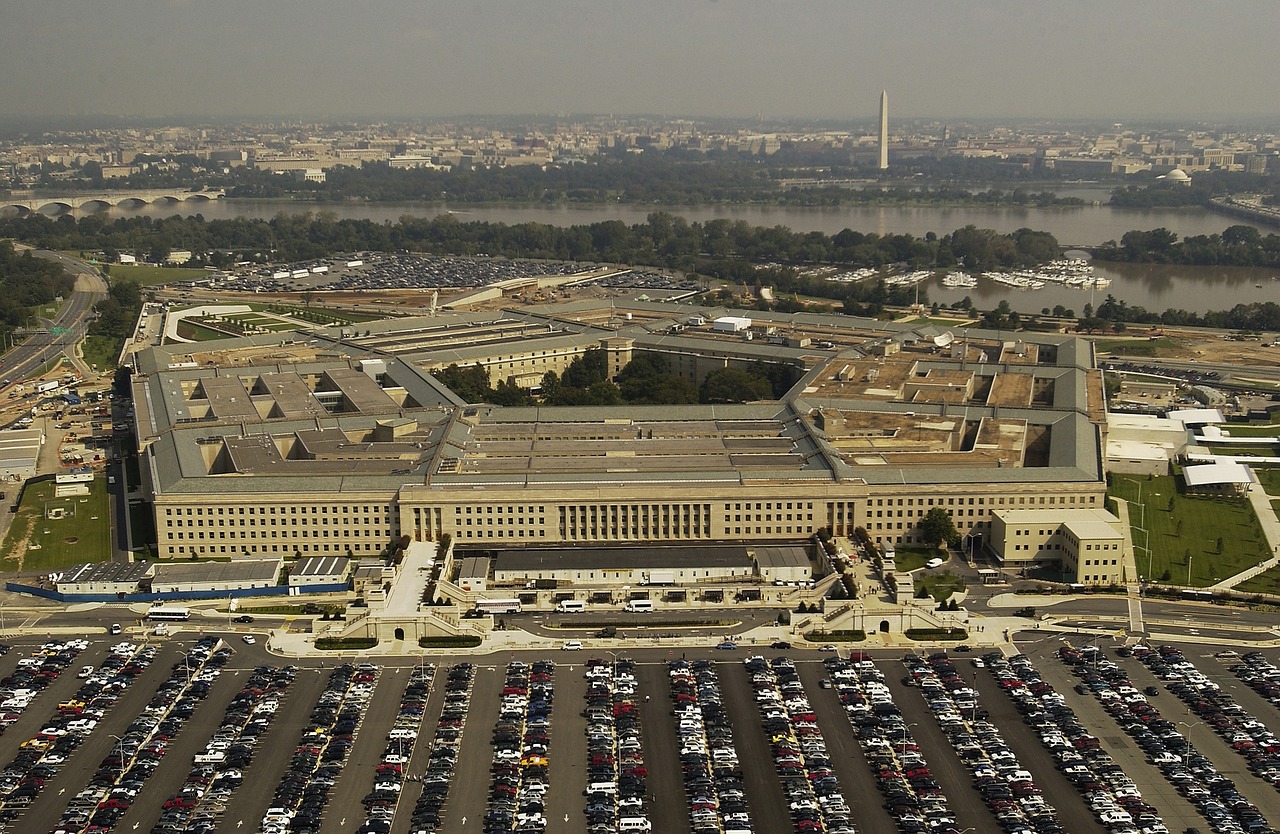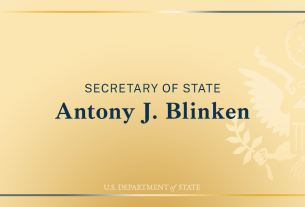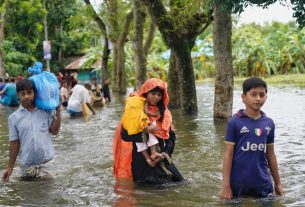Introduction
The Pentagon has reported that approximately 10,000 North Korean soldiers are being deployed to Russia for training and potential combat in Ukraine over the coming weeks. This significant development highlights the deepening military collaboration between North Korea and Russia, raising critical questions about the future of the conflict in Ukraine and the broader geopolitical landscape.
Context of the Deployment
The ongoing conflict in Ukraine, which began with Russia’s invasion in February 2022, has seen fluctuating dynamics as both sides adapt to battlefield realities. Russia has faced substantial military setbacks, prompting a search for new allies and resources. In this context, North Korea’s decision to send troops reflects a strategic partnership born out of mutual need: Russia seeks manpower and support, while North Korea seeks to strengthen its ties with a major global power.
Motivations Behind the Move
- Military Necessity for Russia:
Russia has struggled with troop shortages and sustaining its offensive operations in Ukraine. The addition of North Korean soldiers could provide a temporary boost in manpower, particularly in regions where Russia is attempting to consolidate control. - Strengthening Ties for North Korea:
For North Korea, supporting Russia can be seen as a strategic maneuver to gain favor with Moscow, potentially resulting in increased military aid, economic support, or diplomatic backing in international forums. North Korea’s leader, Kim Jong-un, aims to enhance his regime’s legitimacy and power through such alliances. - Counteracting Western Pressure:
Both nations face increasing isolation and sanctions from Western countries. Their cooperation can be viewed as a countermeasure against U.S. and NATO influence, signaling to the international community that they are capable of forming robust alliances.
Potential Outcomes and Implications
- Impact on the Ukraine Conflict:
- Increased Hostilities: The infusion of North Korean troops could lead to intensified fighting in certain areas of Ukraine, especially in the Donbas region where Russia is concentrated. These soldiers might be utilized in offensive operations, contributing to the Russian military’s capability.
- Shifts in Tactics: North Korean forces are known for their aggressive military doctrine. Their training and combat style could introduce new tactics that may complicate Ukrainian defenses and alter the battlefield dynamics.
- Geopolitical Repercussions:
- Heightened Tensions in Eastern Europe: The presence of North Korean troops in Ukraine could provoke a strong response from NATO and its allies. Increased military support for Ukraine, including advanced weaponry, may follow to counterbalance this new threat.
- Regional Security Concerns: Neighboring countries, especially in Eastern Europe and Asia, may perceive this alliance as a growing threat. This could lead to heightened military preparedness in countries like South Korea and Japan, which are already wary of North Korea’s military ambitions.
- International Response:
- Diplomatic Efforts: The U.S. and its allies might intensify diplomatic efforts to isolate both Russia and North Korea further. Sanctions could be broadened, targeting not just military exchanges but also economic ties.
- Increased Military Aid to Ukraine: Western nations may respond by increasing their military aid to Ukraine, potentially including more sophisticated systems such as long-range artillery and advanced drones to counter the new influx of troops.
Conclusion
The deployment of North Korean soldiers to Russia is a significant escalation in the ongoing geopolitical tensions surrounding the Ukraine conflict. This development not only reflects a deepening military alliance between two isolated nations but also signals potential shifts in the conflict’s dynamics. The implications could extend beyond Ukraine, influencing regional security in Asia and prompting a recalibration of NATO’s strategies.
As the situation evolves, it will be crucial to monitor the responses from Ukraine, Western nations, and regional powers, as well as the operational effectiveness of North Korean troops within the broader context of the conflict.



